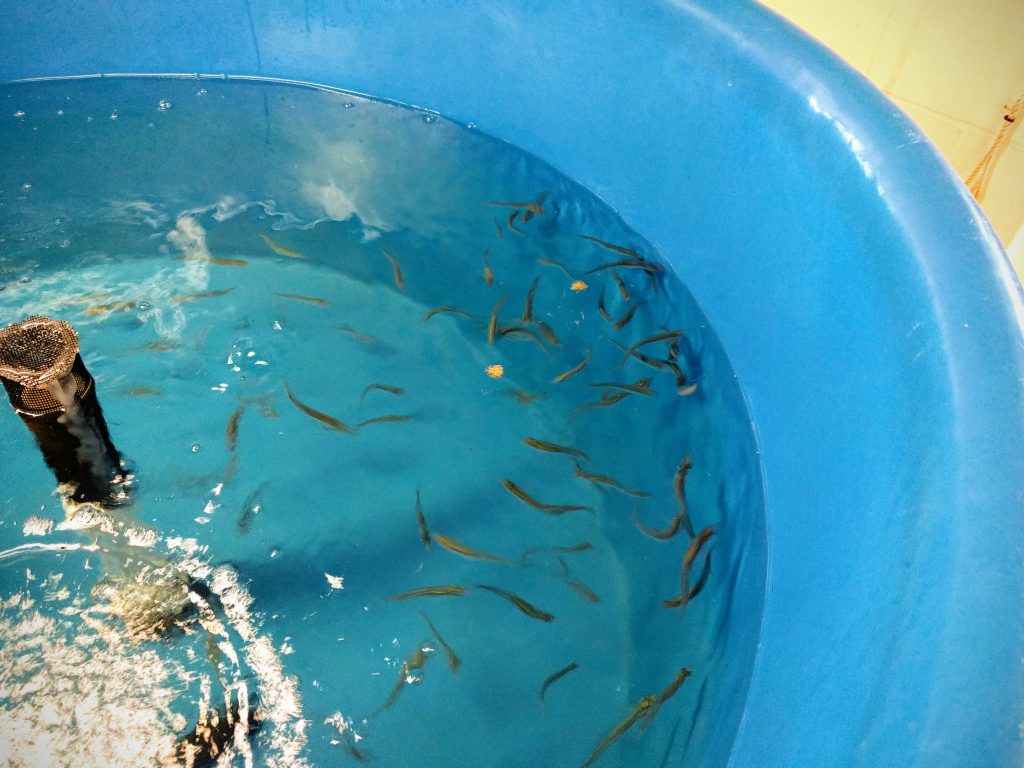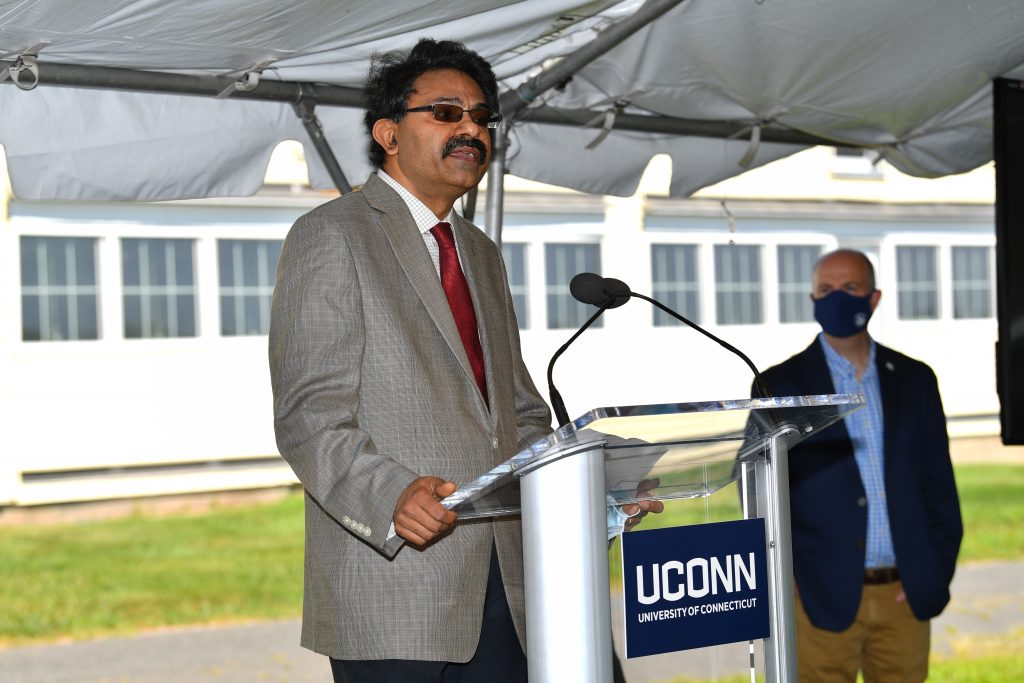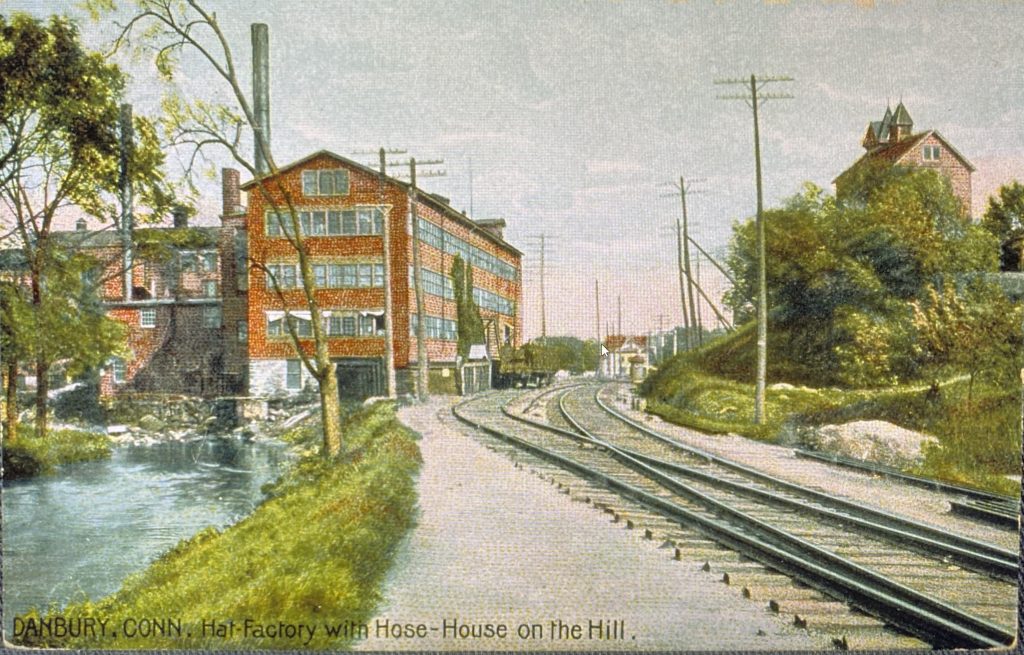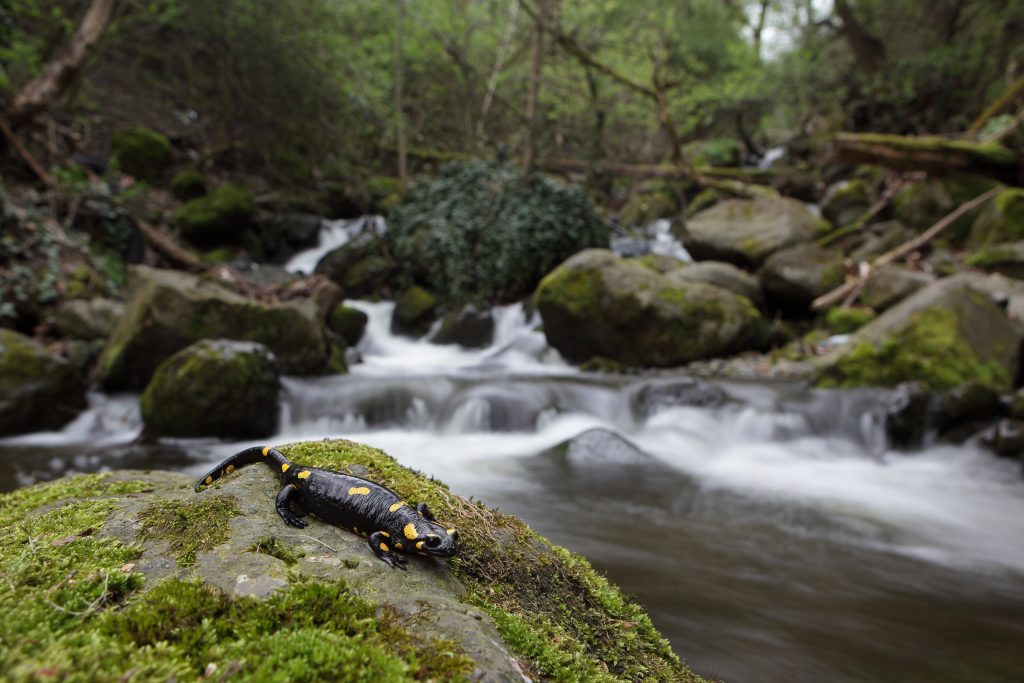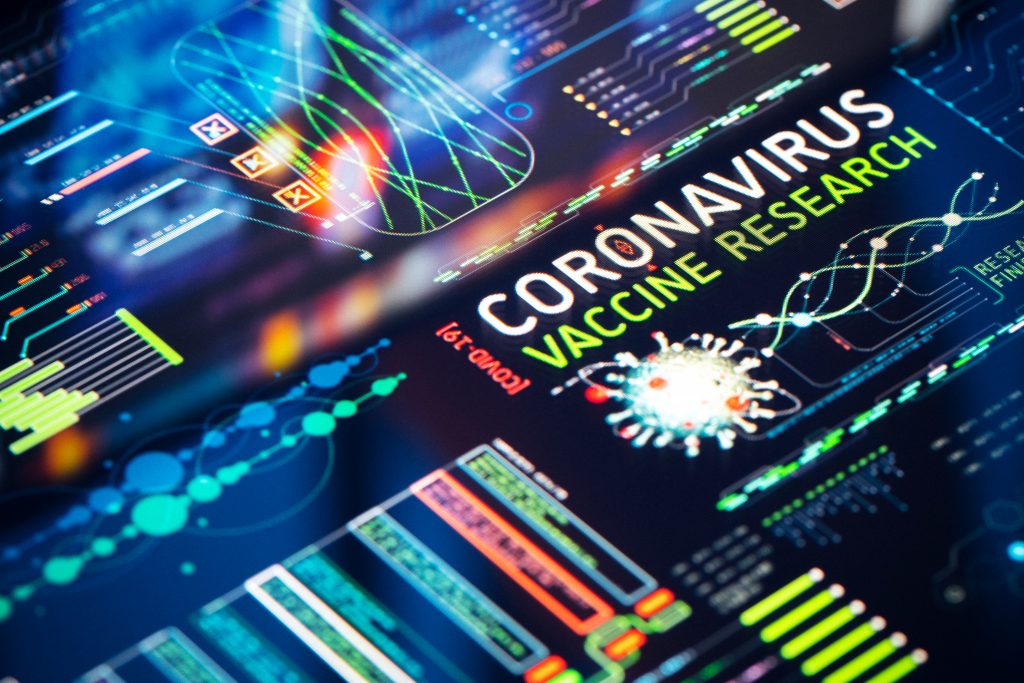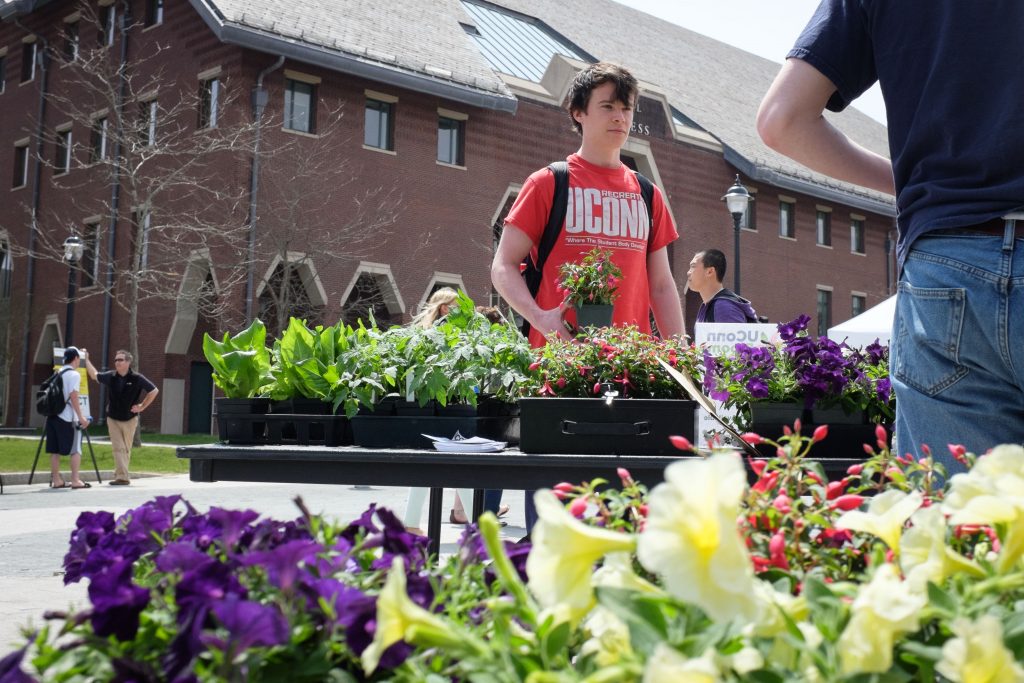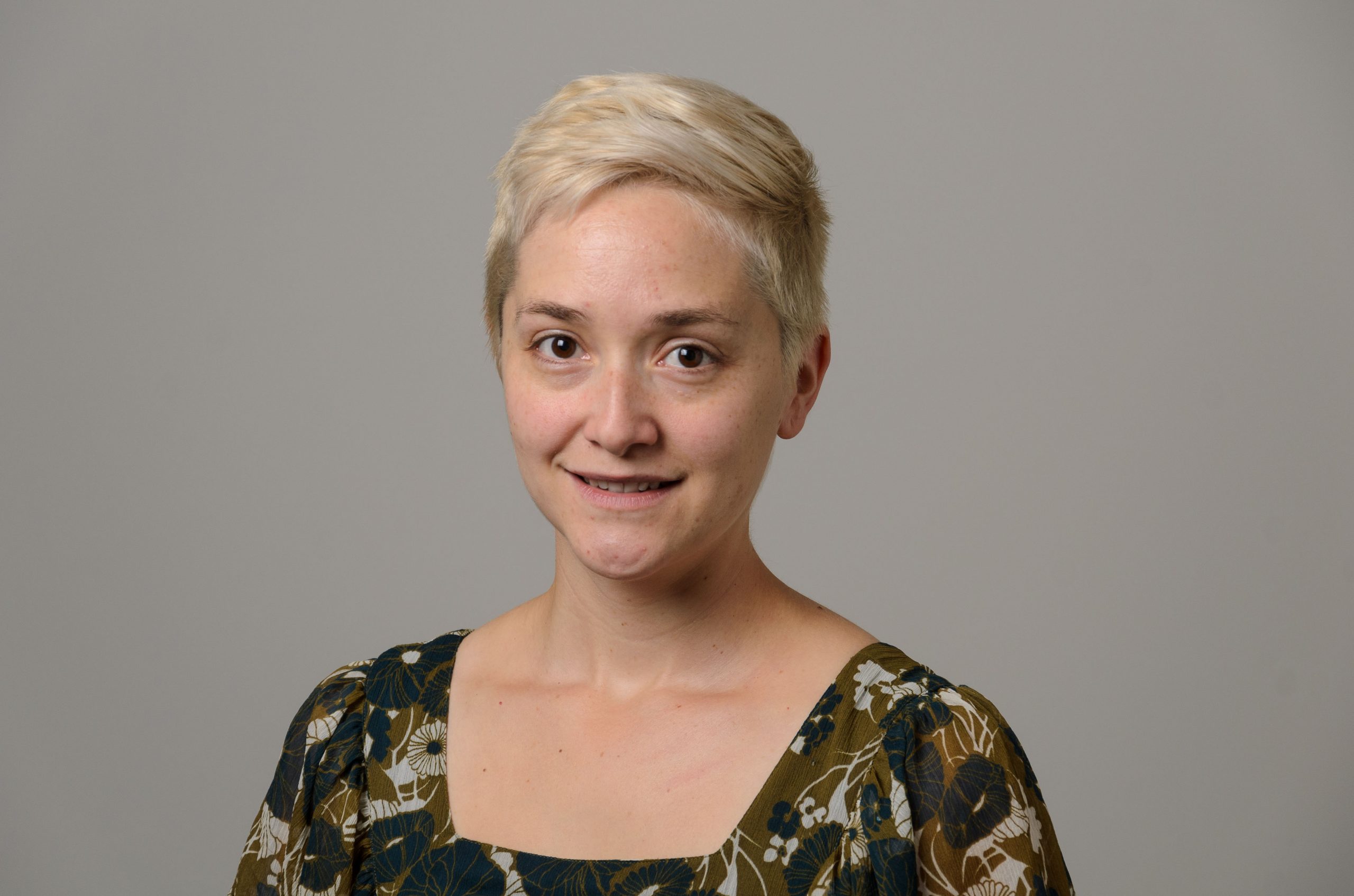
Elaina Hancock
Author Archive
$3M NSF Research Training Grant to Build Resilience in East Coast’s Megalopolis
UConn researchers have won a prestigious National Science Foundation to study environmental resilience in the sprawl of the East Coast's urban density.
August 6, 2020 | Elaina Hancock
UConn Research: More Carbon in the Ocean Can Lead to Smaller Fish
As the world's oceans absorb more carbon from human activity, one result could be smaller fish, according to UConn researchers.
August 4, 2020 | Elaina Hancock
UConn Researcher to Lead New Sustainable Poultry Production Project
A UConn researcher has won a $10 million federal grant to find ways to make improvements in the poultry industry.
August 3, 2020 | Elaina Hancock
Mercury Remains a Persistent Poison in Connecticut’s Still River
Researchers have discovered the effects of 19th century industry lingering on in Connecticut's Still River.
July 23, 2020 | Elaina Hancock
Review of Microfinance Studies Finds Many Flaws, No Conclusions
A study of peer-reviewed research on microfinance finds flawed work, but no solid conclusions about the practice itself.
July 16, 2020 | Elaina Hancock
‘Evolution Makes the World Less Ragged’
Although evolution and ecological systems have long been distinct areas of study, UConn researchers say there's compelling evidence to suggest the two are closely connected.
July 6, 2020 | Elaina Hancock
Life-hack: Rituals Spell Anxiety Relief
Performing rituals can have measurable calming effects on people, according to new research.
June 30, 2020 | Elaina Hancock
UConn Researchers Overcome a Vexing Problem in Vaccine Research
UConn researchers have made a breakthrough in vaccine development.
June 17, 2020 | Elaina Hancock
UConn Researcher Talks Vaccine Realities in an Unprecedented Time
The road to a COVID-19 vaccine may not be as wide open and untroubled as some expect, says a UConn researcher working on vaccine development.
June 11, 2020 | Elaina Hancock
UConn Now a Platinum and Green University
UConn is just one of seven institutions to earn Platinum status in a rigorous assessment of sustainability measures in higher education.
June 4, 2020 | Elaina Hancock

